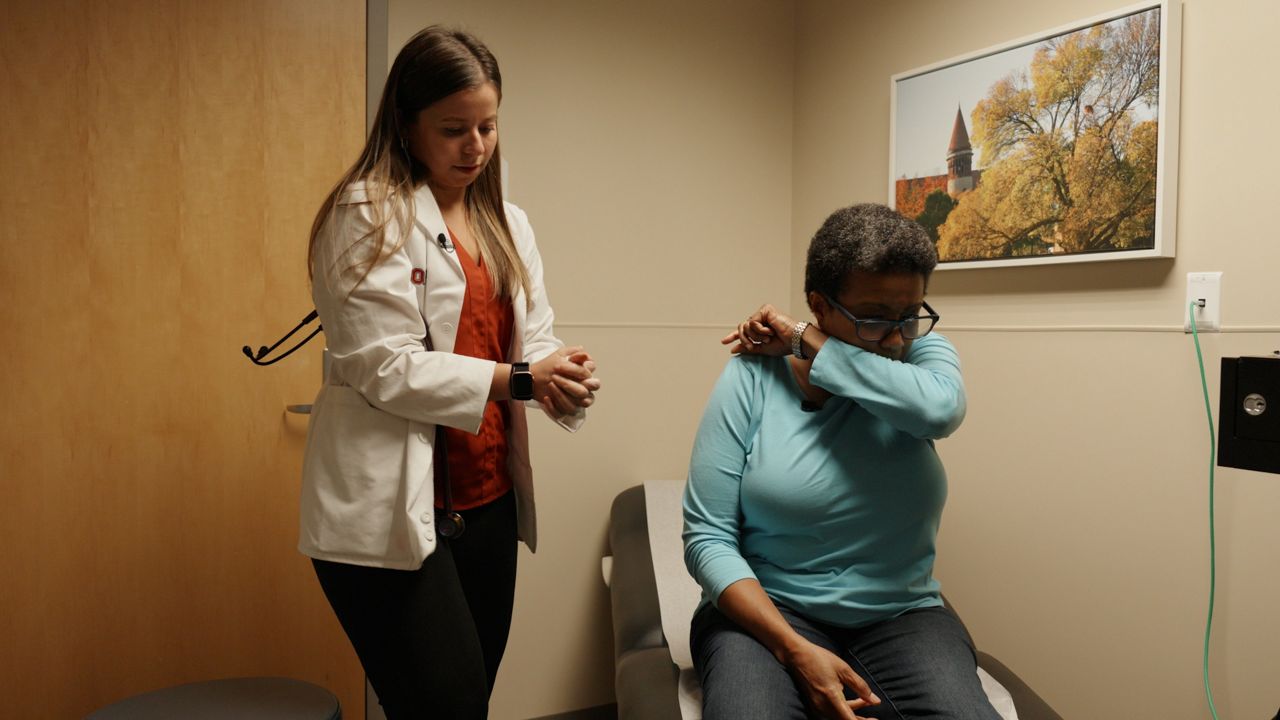The burden of an aging population is becoming increasingly significant, with the number of elderly people expected to reach 2.1 billion by 2050. As the population ages, individuals face various health risks due to natural aging processes such as a decline in muscle mass, immune function, and overall health.
One of the most pressing issues facing the elderly is the increased risk of chronic diseases, which can make routine illnesses more dangerous and lead to a lower quality of life. During the Covid-19 pandemic, older adults were particularly vulnerable to infection and had more severe symptoms. To address this issue and improve healthcare for aging populations, governments need to prioritize vaccination for the elderly as part of their healthcare policies and allocate sufficient resources to support vaccination programs.
Vaccination has been shown to be an effective and economical measure in preventing severe diseases and reducing pressure on the health system. Experts suggest that adult vaccination should become a standard in healthcare similar to childhood vaccination to strengthen economies, improve healthcare services, and ensure healthy lives for people. By increasing vaccination rates among adults, governments can prevent millions of deaths and reduce the burden on their healthcare systems.
In conclusion, vaccination for the elderly is crucial in reducing the burden of infectious diseases and improving overall health outcomes for aging populations. It is a cost-effective intervention that can save lives and prevent severe illnesses. Governments must prioritize adult vaccination as part of their healthcare policies to ensure a healthy aging population and a sustainable future for their healthcare systems.



